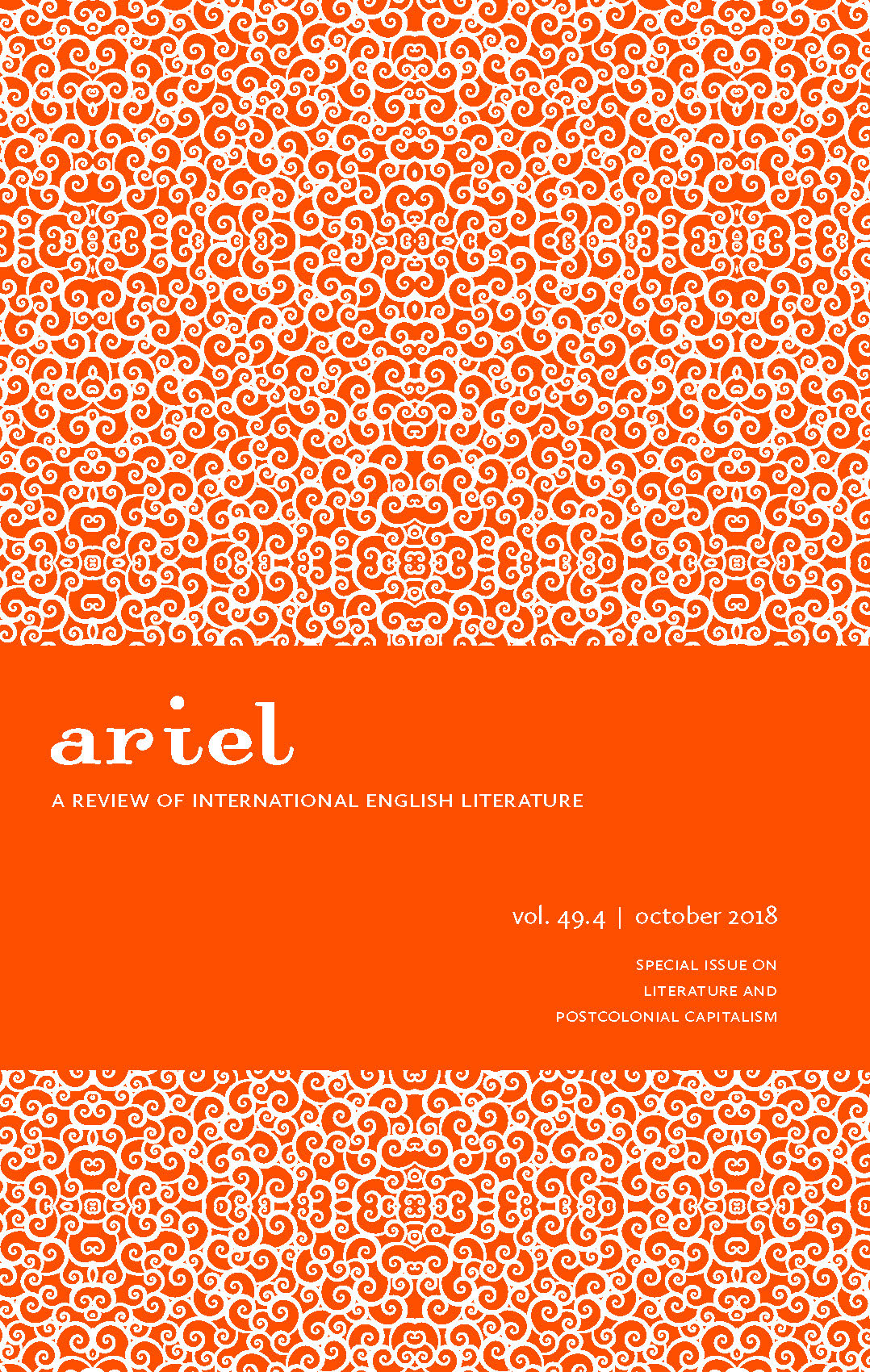In the Wake of Asbestos: Ship Building and Ship Breaking in Ross Raisin's Waterline and Tahmima Anam's The Bones of Grace
Keywords:
asbestos, shipping literature, oikeios, the wake, Ross Raisin, Tahmima AnamAbstract
Variations in work conditions, and their consequences for social fragility and health precarity, become particularly evident when comparing industries that cross parallel postcolonial economies. This article pairs the ship-building and ship-breaking industries to bridge a pseudo-divide between the Global North and the Global South. It brings together two cultural works—Ross Raisin’s Waterline (2011) and Tahmima Anam’s The Bones of Grace (2016)—that share a preoccupation with the consequences of either ship-building or ship-breaking, but which do not consider how these activities might produce different latent morbidities. Preoccupied with the immediate health concerns of their own histories, whether Glasgow’s ship-building or Chittagong’s ship-breaking industries, these texts pay scant attention to shared histories that intersect across this divide. Reading the novels together, on the basis of the conceit, demonstrates how each might supplement the other in attending to the health experiences of workers in ship construction and destruction.
This work was supported by the Wellcome Trust (grant no. 103339) as part of its project, ‘Life of Breath: Breathing in Cultural, Clinical and Lived Experience’.


